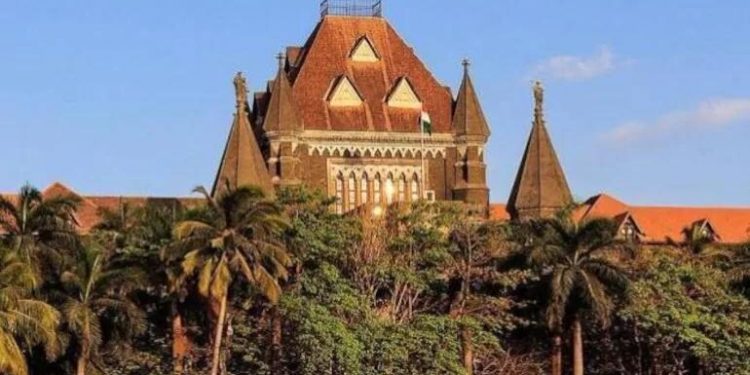The Bombay High Court in its recent order held that “Mere refusal to marry a woman after a long relationship would not constitute the offence of ‘cheating’ under section 417 of the Indian Penal Code if there is no evidence of fraudulent misrepresentation of promise of marriage for sex.”
In the present matter, Justice Anuja Prabhudessai observed that the couple had indulged in sexual relations for over three years and the woman’s testimony did not indicate that she was under a misconception of a promise of marriage nor was there evidence to show the man didn’t intend to marry her since the very beginning. The judge quoted,
In the absence of evidence to prove that the prosecutrix had consented for physical relationship on a misconception of fact, as stipulated under Section 90 of IPC, the mere refusal to marry would not constitute offence under Section 417 of the IPC.
However, what is shocking in this case, is that the order has come after 22-years.
Case:
The alleged victim registered the FIR in 1996, where she accused the man of having sexual relationship with her on promise of marriage, and subsequently declined to marry her. The man was then booked for rape and cheating, and fraud under
- Section 376
- Section 417
…of the IPC.
After the trial, the man was acquitted of rape but punished for cheating/fraud. While the man approached the High Court in appeal against his conviction, the state did not contest the non-applicability of section 376 of the IPC against him.
This appeal under Section 374 of the Code of Criminal Procedure, 1973, was directed against the judgment and order dated 19/02/1999 passed by the learned Additional Sessions Judge, Palghar.
Bombay High Court
In its current order, the high court relied on various judgments regarding what would constitute “fraud“, “consent” and if a man can be held guilty of fraud just because he refused marriage.
The court relied heavily on the apex court’s judgement in Maheshwar Tigga Vs. State of Jharkhand in which the supreme court held that that under Section 90 of IPC, a consent given under a misconception of fact is no consent in the eye of the law. But the misconception of fact has to be in proximity with the offence and cannot be spread over a period of four years.
Observing thus, the court set aside the trial court’s order convicting him for cheating the girl under section 417 of the IPC and sentencing him to a year in prison along with a fine of Rs 5000.
The high court concluded,
The evidence on record indicates that the prosecutrix and the accused were known to each other. They had indulged in sexual relationship for a period of over three years.
The evidence of PW1-prosecutrix does not indicate that she had sexual relationship with the accused under misconception of fact, with regard to the promise of marriage or that her consent was based on fraudulent misrepresentation of marriage. There is no evidence on record to indicate that since the inception accused did not intend to marry her.
ALSO READ –
READ ORDER | Two Parts To CJI Bobde Judgement On Rape On Pretext Of Marriage & Rape In Marriage
Delhi High Court Grants Pre-Arrest Bail To Man In Rape On Pretext Of Marriage Case | Dismisses SC/ST Charge
HC Grants Bail To Man After He Spends 1.5 Months In Jail On Charges Of ‘Rape On Pretext Of Marriage’
Supreme Court Finally Clarifies What Is “Rape On Pretext Of Marriage”
Orissa High Court | “Sex On Pretext Of Marriage Is Not Rape” | Bail Granted After Nearly 6-Months Custody
ALSO WATCH –
Exclusive | Interview with Advocate Ashwani Dubey On Kapil Mishra’s PIL In Vishnu Tiwari False Rape Case
(Accused was in jail for 20-years before acquittal)
Join our Facebook Group or follow us on social media by clicking on the icons below
Join our Facebook Group or follow us on social media by clicking on the icons below
If you find value in our work, you may choose to donate to Voice For Men Foundation via Milaap OR via UPI: voiceformenindia@hdfcbank (80G tax exemption applicable)































